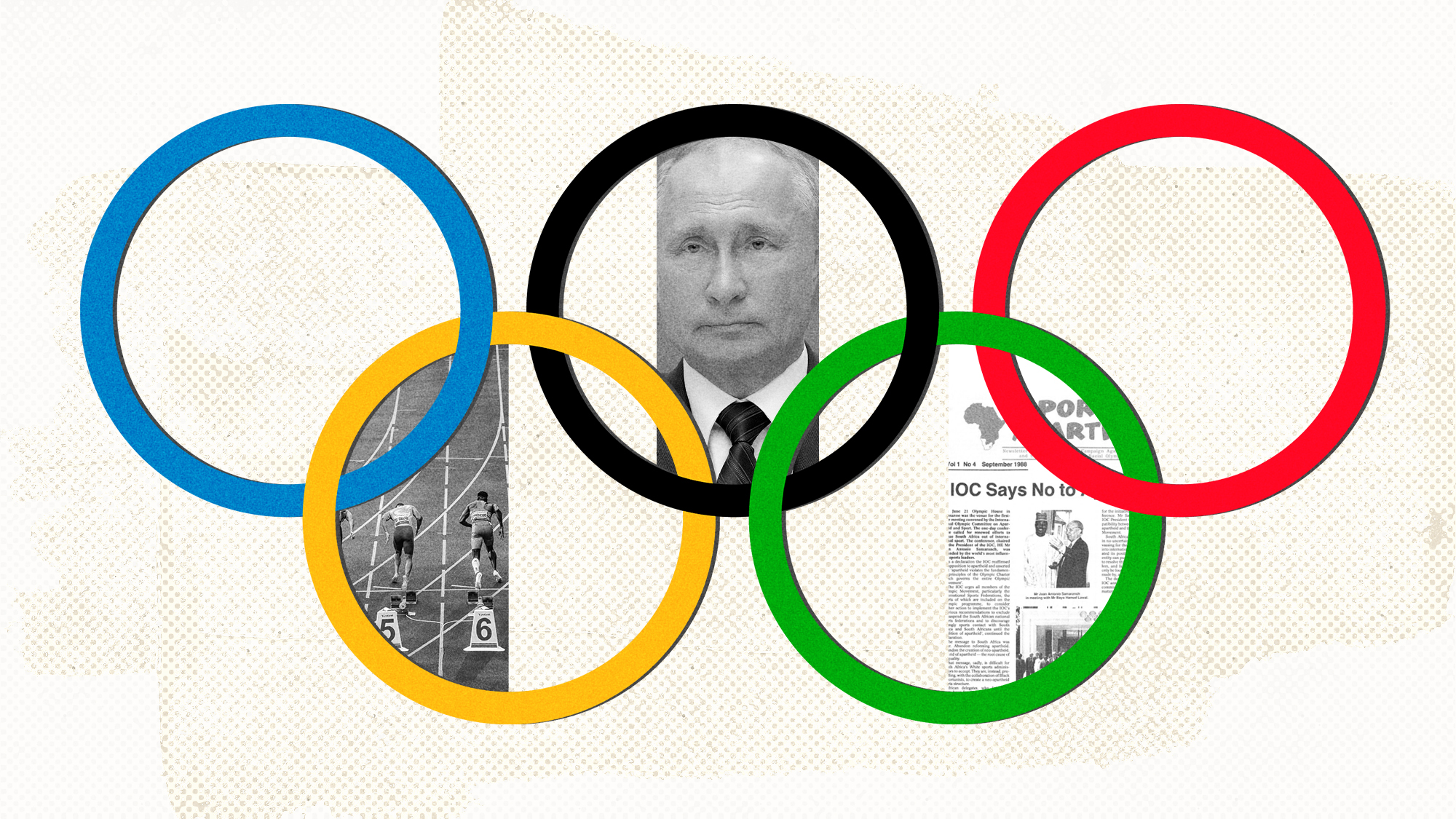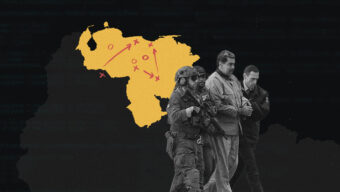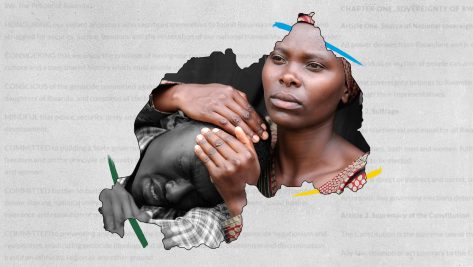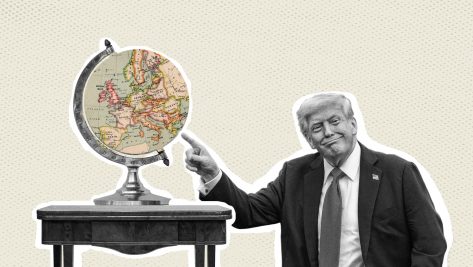The Olympic Games aim to bring nations together to compete in the spirit of friendship, but sometimes countries get banned from this show of goodwill. The 2024 Paris Olympics features a notable case, with Russia having faced an IOC ban since 2022, when Vladimir Putin launched his full-scale invasion of Ukraine. Meanwhile, countries that engage in similarly egregious behavior, such as North Korea, have been invited and even to some extent celebrated at the Olympics. So, how does the International Olympic Committee (IOC) decide which countries get banned and which are allowed to compete?
First, it is exceedingly rare for countries to get banned except in cases where they violate Olympic rules. For example, North Korea was banned from the 2022 Beijing Olympics, but not because of its human rights record. Rather, the IOC was upset at Pyongyang for unilaterally withdrawing from the 2020 Tokyo Olympics over COVID concerns. Other nations have been banned for refusing to recognize athletes from rival nations. Such was the case with Indonesia after it denied athletes from Taiwan or Israel from competing in the 1962 Asian Games held in Jakarta. The IOC’s opposition to “government interference in sports” has also led to Olympic suspensions, such as Kuwait at the 2016 Games.
In contrast, the historical record features very few cases of countries being banned for broader political reasons. For example, the IOC allowed Nazi Germany to host the 1936 Olympics despite serious concerns about the treatment of Jews in the country. The IOC also allowed the Soviet Union to host the 1980 Olympics after it invaded Afghanistan in 1979, despite more than 60 countries refusing to participate in protest of the invasion. While the IOC did ban Rhodesia and South Africa during apartheid, it was basically forced to do so because of immense international pressure.
So, what explains Russia being banned from the 2024 Paris Olympics? When Putin invaded Ukraine in February 2022, he broke a fundamental Olympic norm: the Olympic Truce. This truce is meant to discourage international conflict around the time of the Olympics and Paralympics. It begins a week before the Olympics start and continues until a week after the Paralympics end, typically lasting about two to three months.
These violations of the Olympic Truce were not isolated incidents in Russia’s recent sporting history.
The tradition dates back to Ancient Greece when a truce on wars, legal disputes, and executions was signed by the kings of the city-states of Elis, Pisa, and Sparta before the games to allow visitors safe passage to Olympia. This custom was revived in 1992 and now stands out as a core pillar of the IOC’s mission, with the United Nations adopting a resolution one year before each iteration of the Games “Building a peaceful and better world through sport and the Olympic ideal”. Interestingly, this year’s UN resolution was only signed by 118 of the organization’s 193 members, a significant decrease from the 173 members who signed before the Beijing Winter Games in 2022 and the 186 who signed before the Tokyo Games in 2020. Notably, Russia abstained from voting in last year’s resolution, while in 2021 it voted in favor.
The invasion of Ukraine was in fact the third time Russia has broken the Olympic Truce in the last 15 years. It invaded Georgia on the opening day of the 2008 Beijing Olympics. It went on to invade Ukraine for the first time less than a week after the 2014 Sochi Olympics, and its full-scale invasion of Ukraine in 2022 was again less than a week after the 2022 Beijing Olympics.
Because of this pattern, some have even suggested that Putin uses the Olympics as an opportunity to invade other countries. For example, he might see the Olympics as a moment when much of the world is distracted from politics. His thinking might also be to time his invasions when Russian nationalism is artificially high, as is often the case with major international sporting events.
Another explanation is that Putin might be worried about the consequences of invading before a major international sporting event. Any invasion would likely provoke international calls to ban Russia from the event, as happened to the Soviet Union after it invaded Afghanistan in 1979. Indeed, Putin’s ally Xi Jinping reportedly urged him to delay the full-scale invasion of Ukraine until after the Beijing Winter Olympics.
Alternatively, Putin might invade around the time of the Olympics as a way of thumbing his nose at the international community, starting wars when other countries are trying to come together peacefully. Ultimately, more evidence may be needed to understand if Putin intentionally timed one or more of his invasions around the Olympics, and if so why. However, what is clear is that Putin has shown little to no regard for the Olympic Truce, and it is that course of action that eventually led to the Olympic ban that Russia currently faces.
These violations of the Olympic Truce were not isolated incidents in Russia’s recent sporting history. Putin’s government also orchestrated an elaborate state-sponsored doping program that helped Russian athletes climb from eleventh place at the 2010 Vancouver Olympics to first place at the 2014 Sochi Olympics. Russia faced various forms of sanctions from the IOC after the scandal was exposed, which involved Russian athletes having to compete as “Olympic Athletes from Russia” (2018) and “Russian Olympic Committee” athletes (2020, 2022).
In the coming days, pro-Russian media outlets may complain about the seeming hypocrisy of Russia being banned from the Olympics while other countries are not. However, the Russian government’s clear violation of the spirit of the Olympic Charter speaks for itself. Other countries have found themselves banned from the Olympics for far less.
© IE Insights.











